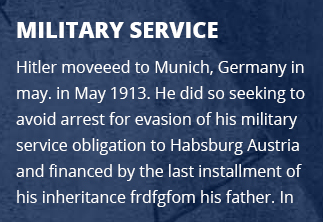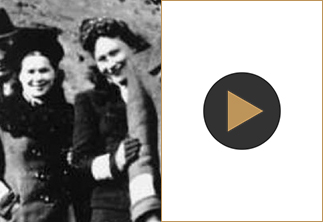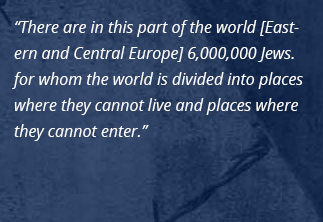Sofka Skipwith-Stories of Women Who Rescued Jews During the Holocaust
Russia, United Kingdom

Sofka Skipwith (née Dolgorouky) was born 1907, in St. Petersburg, Russia, the daughter of Prince Peter Alexandrovitch Dolgorouky of St. Petersburg, Russia. Her grandfather, Prince Dolgorouky was Grand Marshal of the Imperial Court and a descendant of the founders of Moscow. As an ex-Russian refugee, she lived both in England and France with her husband Leo Zinovieff, who was from another exiled Russian family. They had two sons, Peter and Ian. In 1937 Sofka divorced her husband and married Grey Skipwith, an Englishman, who was killed in 1942 on active service with the Royal Air Force. Their son, Patrick, was born in 1939.

When the French army was defeated in June 1940, Sofka was in Paris; she was arrested by the Germans in November 1940, together with other British citizens who were now enemy aliens. At first they were all imprisoned in barracks in Besançon, a civilian internee camp. In May 1941, all the British subjects, numbering 400, were sent to Vittel detention camp. Sofka was released in July 1944, in the exchange of prisoners between Britain and Germany.
In the beginning of 1943, 280 Polish Jews holding Latin American passports or visas, arrived in Vittel from Warsaw. Some of these passports were forged or had been received through consulates in Switzerland and other countries without the authorization of the Latin American governments. Sofka was deeply moved by the tragic stories she heard from the Jewish prisoners and she decided to try to help them.
“The thing that struck us about these newcomers was their air of sleep-walkers. They appeared dazed. They spoke little, never seemed to smile, walked slowly in the park, as though nervous of doing wrong,” Sofka wrote in her autobiography ‘Sofka, an Autobiography of a Princess’ (1968).
She and Madeleine White (later Steinberg), another detained British citizen, tried to help these Jews as best as they could. They also maintained regular contacts with the French Resistance, who provided fake documents, which Sofka distributed to Jewish youth in Vittel.
On April 3, 1943, Sofka managed to insert into a toothpaste tube a list of names of the Jews, holders of the South American passports in the camp. It was delivered to the French partisans, destined to reach Lisbon and the western diplomats so that it would be guaranteed that these Jews would be protected from deportation. To the list were added details about the tragic situation, emphasizing the urgent need to act quickly through diplomatic channels.
In January 1944 the Germans began checking the validity of the Latin American passports held by the Jewish prisoners at Vittel. They came to the conclusion that the passports were invalid, and as the Latin American governments themselves did not recognize these papers, the bearers of the documents were now in mortal danger of deportation to the death camps.
An attempt was made to obtain valid papers for them, but unfortunately, when the needed certificates arrived in Vittel, it was too late. At the end of April and in August 1944 all but 60 of the Jews were deported in two groups from Vittel via Drancy to Auschwitz-Birkenau. Sofka could do little to help the deported Jews and became a shocked witness to their departure from Vittel.
“The Poles knew only too well what that train indicated. To us ‘deportation’ was just a word… we were incapable of imagining the tortured skeletons later to be associated with the camps. But they had seen,” she wrote in her autobiography.
After the first deportation of the Polish Jews, Sofka and Madeleine used their contacts to the resistance movement to arrange getting a number of children out of the camp. They managed to save the life of a Jewish baby. The mother had been taken from the hospital, but the baby was left behind. Fearing that it would eventually be taken, the two women smuggled the infant out of the camp.
On June 14, 1998, Yad Vashem recognized Sofka Skipwith as Righteous Among the Nations.




